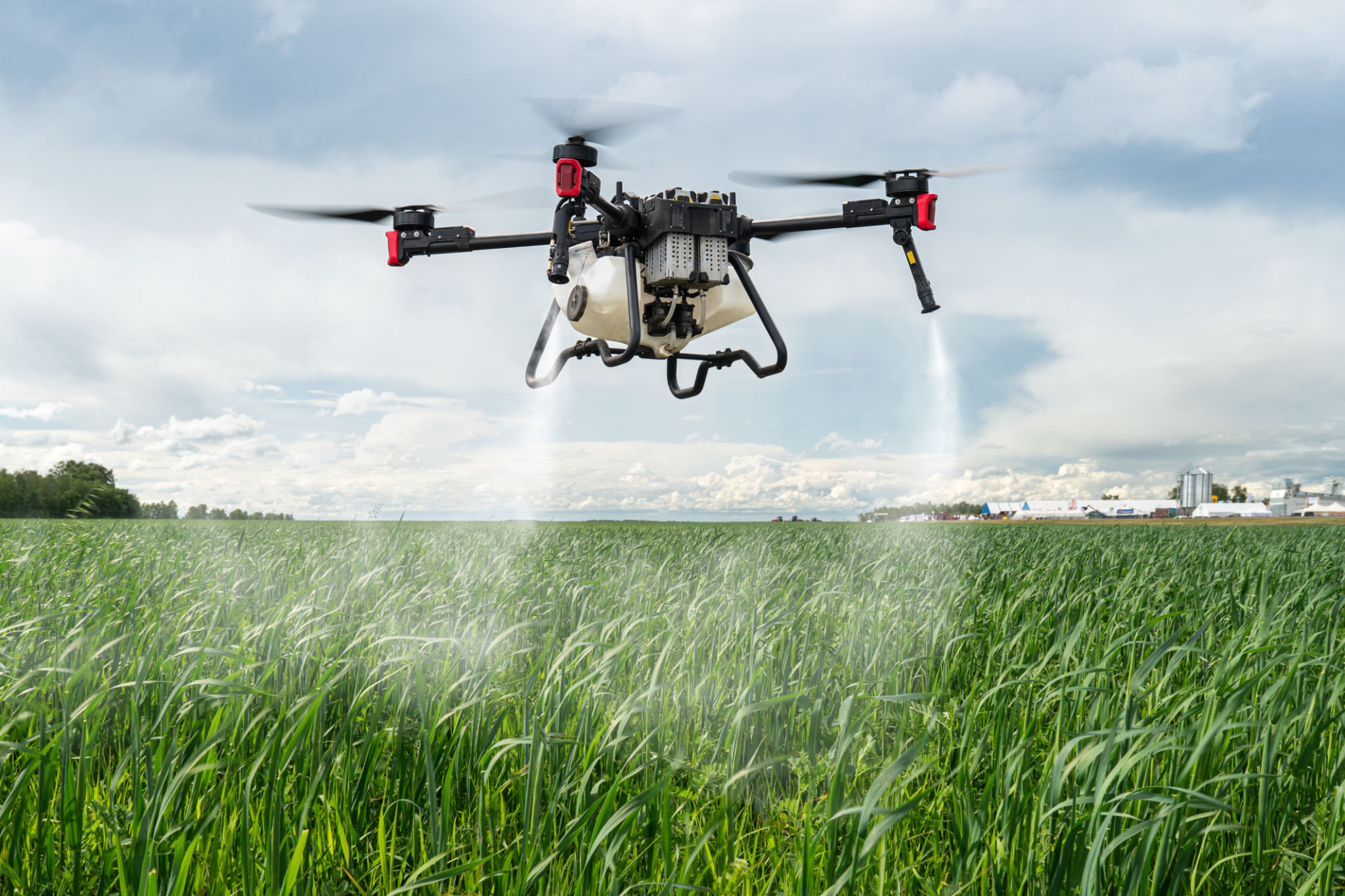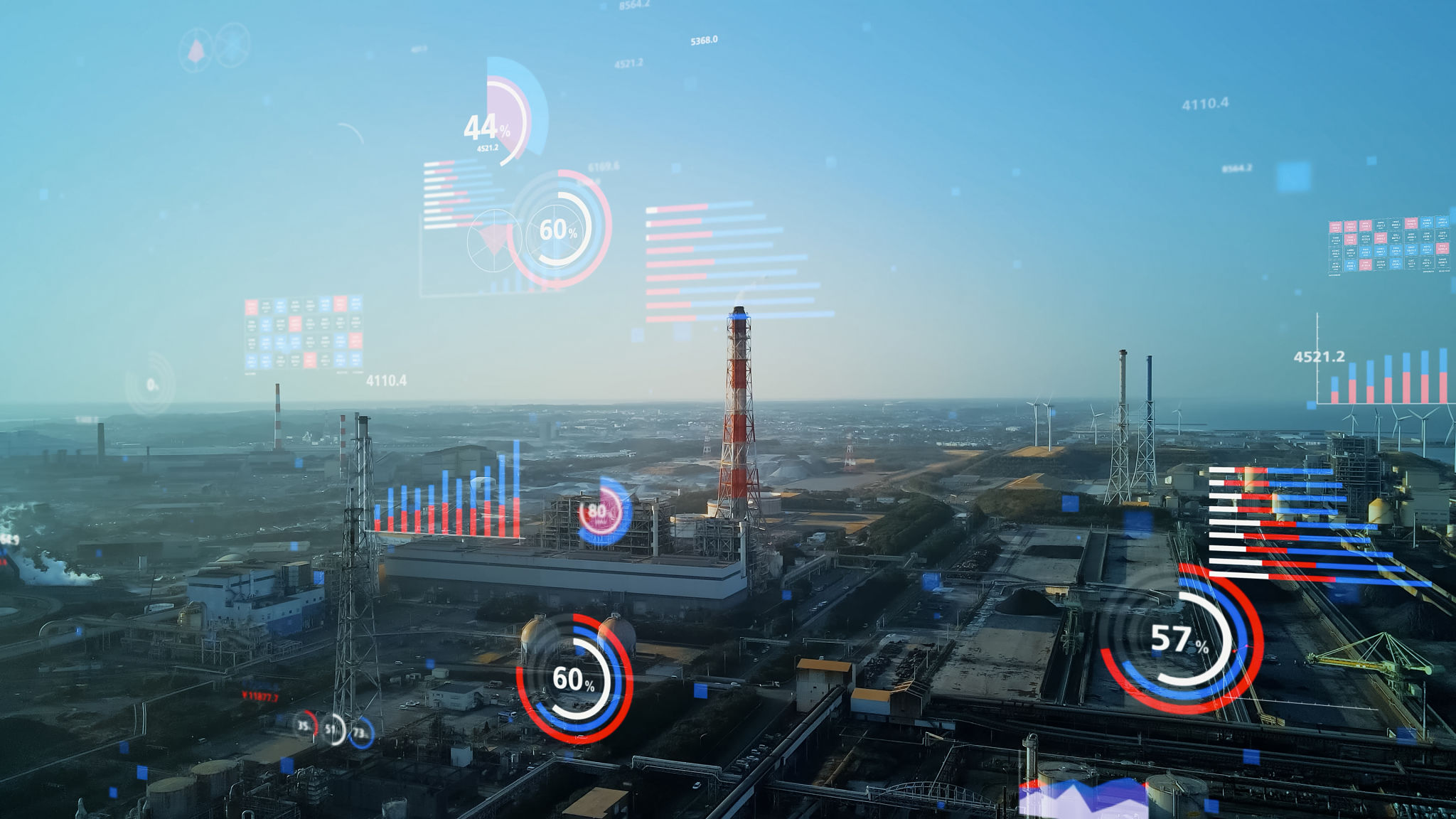Common Misconceptions About Drone Filming: Debunking the Myths
Introduction to Drone Filming
Drone filming has revolutionized the way we capture visuals, offering breathtaking aerial perspectives that were once only possible with helicopters or cranes. Despite its growing popularity, there are still numerous misconceptions surrounding this technology. Let's dive into some of these myths and set the record straight.

Myth 1: Drones Are Only for Professionals
One common misconception is that drone filming is exclusively for professional filmmakers or photographers. While it’s true that professionals often use drones for high-end productions, modern drones are designed to be user-friendly and accessible to enthusiasts at any skill level. Many consumer drones come with built-in stabilization, automated flight modes, and intuitive controls, making them suitable for hobbyists and beginners alike.
Ease of Use
Advancements in technology have made drones easier to operate than ever before. Features such as GPS-assisted flight, obstacle detection, and automatic return-to-home functions enhance user experience, allowing even newcomers to capture stunning footage with ease.

Myth 2: Drone Filming Is Too Expensive
Another myth that deters potential users is the belief that drone filming is prohibitively expensive. While top-of-the-line models can be costly, there is a wide range of drones available to suit different budgets. From affordable entry-level drones to premium models, there is something for everyone.
Cost-Effective Options
Many companies offer budget-friendly drones that deliver excellent performance without breaking the bank. Additionally, the investment in a drone can pay off through unique content creation opportunities and enhanced visual storytelling.

Myth 3: Drones Are Difficult to Fly Legally
Regulations around drone usage are often seen as complex and restrictive, but they are primarily in place to ensure safety and privacy. In reality, flying a drone legally is straightforward if you adhere to the guidelines set by aviation authorities in your region.
Understanding Regulations
Most regions require drone pilots to register their drones, adhere to altitude limits, and avoid no-fly zones such as airports. By staying informed about local regulations and obtaining necessary permits when required, drone enthusiasts can enjoy filming without legal hassles.

Myth 4: Drones Are Invasive
Concerns about privacy and noise pollution often lead people to perceive drones as invasive. However, responsible drone pilots respect privacy laws and take measures to minimize disturbances.
Respecting Privacy
Drone pilots can mitigate privacy concerns by avoiding filming in sensitive areas and obtaining permission when filming private properties. Innovations in quieter drone technology also help reduce noise, making drone operations less intrusive.
In conclusion, while misconceptions about drone filming persist, understanding the truth behind these myths can open up new possibilities for creative expression and exploration. As technology continues to evolve, drones will undoubtedly become even more accessible and versatile tools in visual storytelling.
